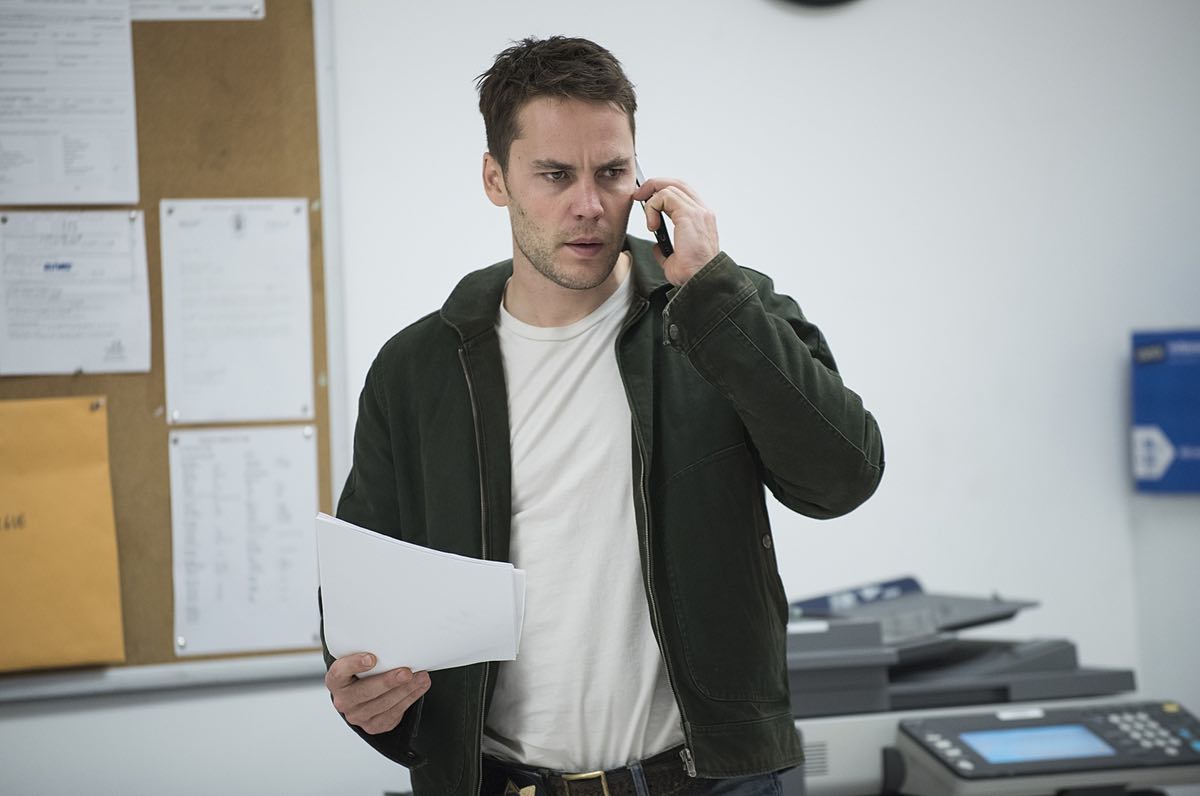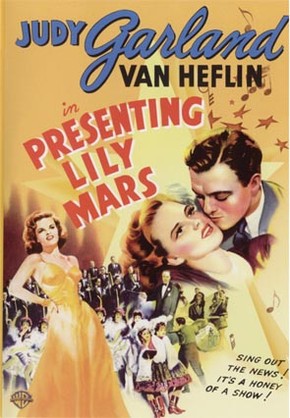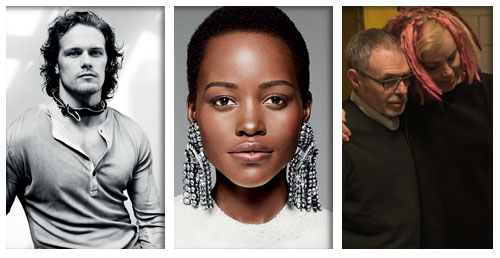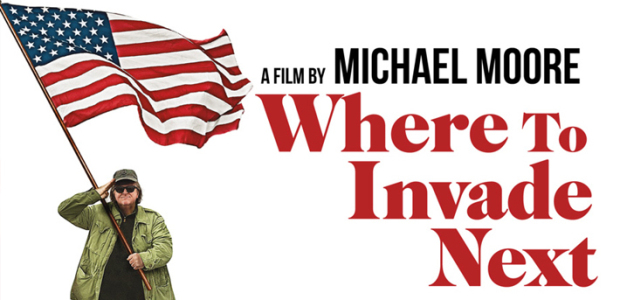HBO’s LGBT History: True Detective (2014-)
 Wednesday, May 4, 2016 at 11:20AM
Wednesday, May 4, 2016 at 11:20AM It's the penultimate episode as Manuel has worked his way through all the LGBT-themed HBO productions.
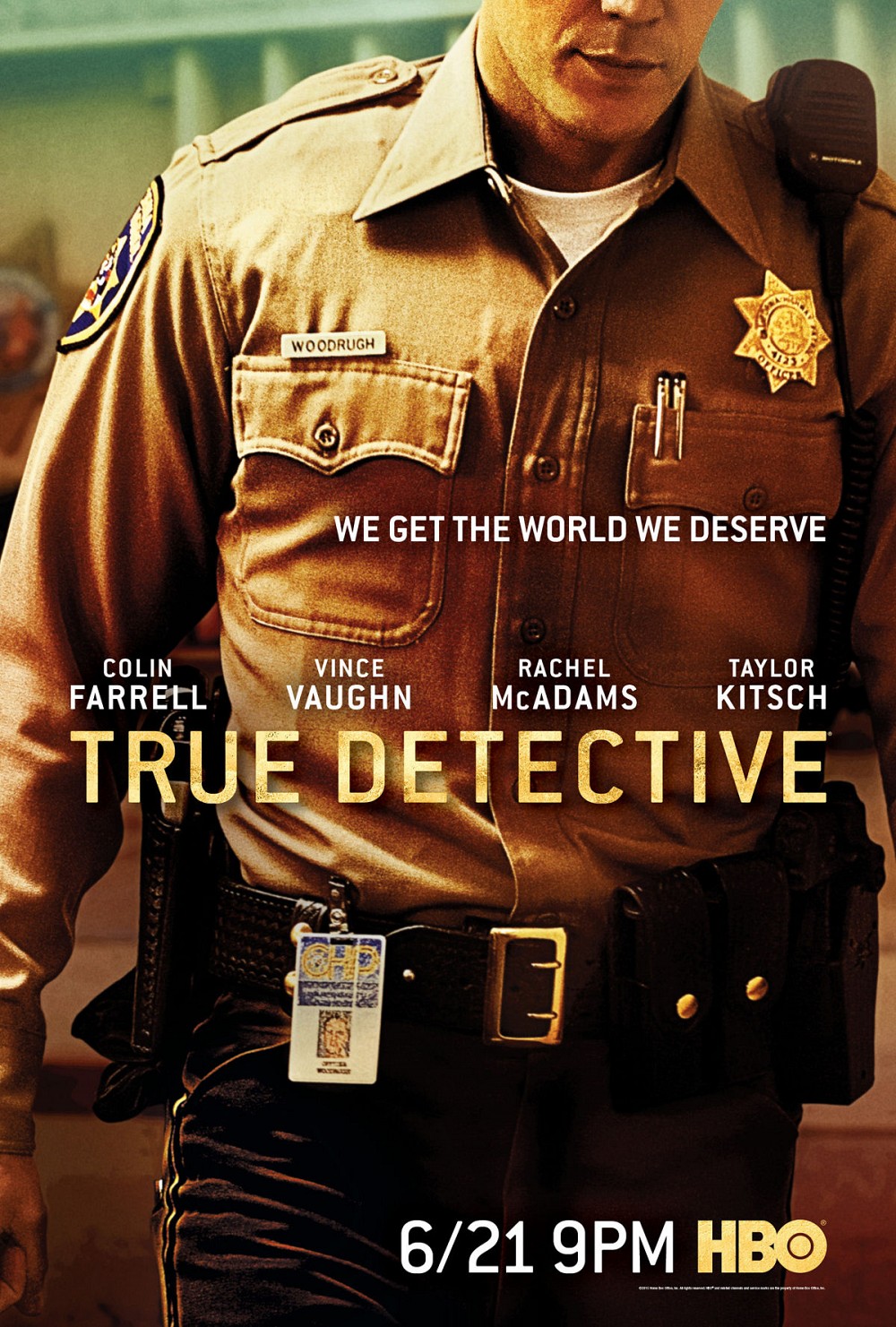 Last week we looked at Nightingale starring David Oyelowo, a film you should definitely seek out if you want further proof that Oyelowo is one of the best actors working right now. This week, the latest LGBT character to be introduced into the HBO canon: Officer Paul Woodrugh from True Detective’s second season, played by Taylor Kitsch who everyone I know knows from Friday Night Lights and thus keeps trying to convince me is a promising newcomer. I've only ever encountered him in John Carter and The Normal Heart (discussed previously) and neither have really convinced me that this very attractive young man is really all that. Needless to say, I was ready to see what he'd been given to do here.
Last week we looked at Nightingale starring David Oyelowo, a film you should definitely seek out if you want further proof that Oyelowo is one of the best actors working right now. This week, the latest LGBT character to be introduced into the HBO canon: Officer Paul Woodrugh from True Detective’s second season, played by Taylor Kitsch who everyone I know knows from Friday Night Lights and thus keeps trying to convince me is a promising newcomer. I've only ever encountered him in John Carter and The Normal Heart (discussed previously) and neither have really convinced me that this very attractive young man is really all that. Needless to say, I was ready to see what he'd been given to do here.
(Spoilers ahead)
“I was just tryin' to be a good man.”
“Well you don't try right.”
True Detective truly embraces its Raymond Chandler/gumshoe genre by having characters often speaking in impossibly blunt if overtly florid language. Take the above dialogue: Kitsch’s Paul is driving his fiancée to safety (his cover may or may not have been blown, don’t ask) and talk turns to why he even pursued her to which he responds that he was just “trying to be a good man.” Her retort is perhaps a bit on the nose, especially as viewers know that Paul has certain sexual proclivities that make his attempt to do a woman “right” seem a bit self-serving. (He enjoys the company of men and, staying true to the implied rules of masculinity that rule this oppressively male-driven genre, he’s ashamed of this choice and the choice to keep quiet about it).



